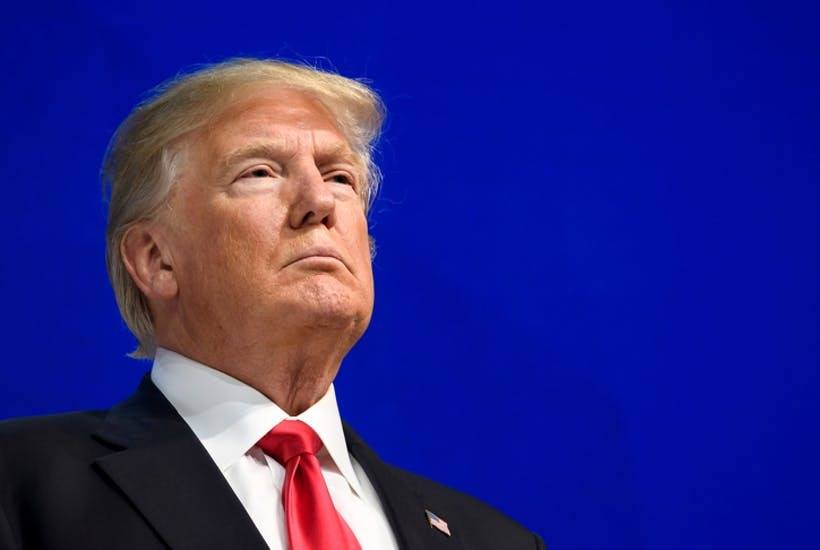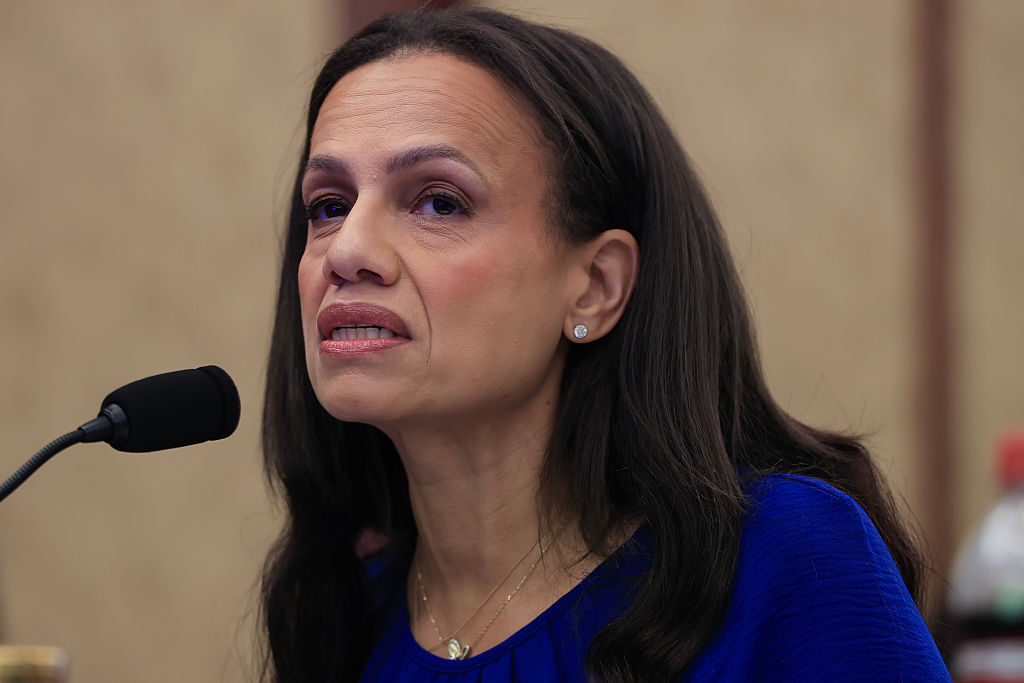As Donald Trump makes his State of the Union address this evening his many opponents have an increasingly large problem: the US economy.
Whatever else you might say about the President it is becoming impossible to deny that the economy has done extremely well in the year since he became president. Growth accelerated from 1.5 per cent in 2016 to 2.3 per cent in 2017. Most forecasts for 2018 – for what they are worth – see it leaping to around 3 per cent. This is the sort of growth the developed world had become used to prior to the 2008/09 crisis, but which had eluded it in the decade since. As for the stock market, the Dow Jones is up over 30 per cent
It is possible to argue that Trumponomics is favouring the already-wealthy more than it favours the poor – although the same could be said of the US economy ever since the US had an economy. It is not possible to argue, as many did after his election, that Trump would trash the economy. It is plain that he hasn’t. You can try to argue that the strong US economic performance would have happened anyway, and has little to do with Trump’s policies, but it is going to be somewhat unconvincing if you previously make it clear that you were going to blame the President for any downturn.
That is the position in which hapless Paul Krugman finds himself. Krugman has a Nobel Prize in economics to his name, but he would be better rewarded with the prize for hubris. In the hours after Trump’s election in November 2016, as world markets did see a brief plunge, he commented in the New York Times: ‘If the question is when markets will recover, a first-pass answer is never.’ He added: ‘Under any circumstances, putting an irresponsible, ignorant man who takes his advice from all the wrong people in charge of the nation with the world’s most important economy would be very bad news. What makes it especially bad right now, however, is the fundamentally fragile state much of the world is still in, eight years after the great financial crisis.’
The first pass answer as to when markets would recover, as it turned out, was a few hours after Krugman wrote these words, very soon after Wall Street opened. Still, Krugman hasn’t given up his attack on Trump’s economic policies. In December 2017 he tried to claim in an interview that US markets were simply echoing global ones, and Trump could take no credit from it. So his position was this: if markets fell it would have been Trump’s fault. Instead, they rose, but the President has nothing to do with it.
This is the whole basis of the Trump phenomenon: while people can see that Trump is a complete arse, he has the remarkable ability to taunt his opponents into making even bigger arses of themselves. If Krugman or anyone else really thinks that cutting corporation tax from 35 per cent to 21 per cent isn’t going to boost stock prices they have a very poor understanding of investors’ reasoning. It really is very simple: lower taxes make for greater profits.
What lower tax rates will do for tax revenue and the US deficit won’t become clear for some time. The British experience, though, provides an encouraging sign: George Osborne’s cuts to corporation tax have increased tax take. It may be that the victims of Trump’s tax cuts turn out to be tax havens, in whose jurisdictions corporations now have less incentive to base their activities. That might end up going down rather well with liberal-thinking people.
Of course it is possible that the stock market has over-reacted to the tax cuts and faces a correction. If it does, some shine will come off Donald Trump’s economic record, although it needn’t affect economic growth. For now, and for as long into the future as anyone can tell, the strong US economy is going to make it difficult for Trump’s opponents to wound him. On the basis of Bill Clinton’s motto – it’s the economy, stupid – we may well be heading for a Trump second term.

























